1. Full House
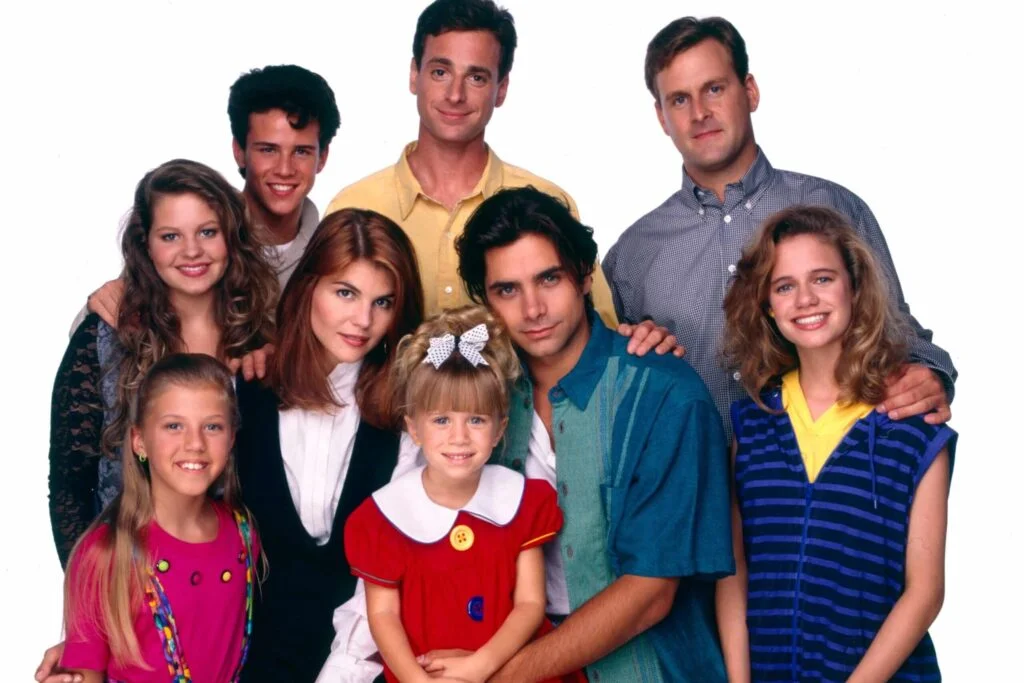
Full House blended outrageous comedy with moments of touching sentiment, making it a staple of ’80s television. The show followed Danny Tanner, a widowed father raising three girls with the help of his quirky brother-in-law and best friend. While the slapstick humor and zany antics often took center stage, the moments of fatherly wisdom and sisterly bonding made Full House a heartwarming experience. Episodes like the one where Michelle learns the importance of sharing or where Danny reassures his daughters through difficult times captured the warmth that kept fans coming back.
Despite the sometimes over-the-top humor, Full House built its charm on emotional depth, especially in the father-daughter relationships. The show’s ability to balance lighthearted fun with poignant moments made it a beloved classic that still resonates today. Whether it was a comedic mishap or a heartfelt family moment, Full House knew how to tug at your heartstrings while keeping the laughs rolling.
2. The Golden Girls
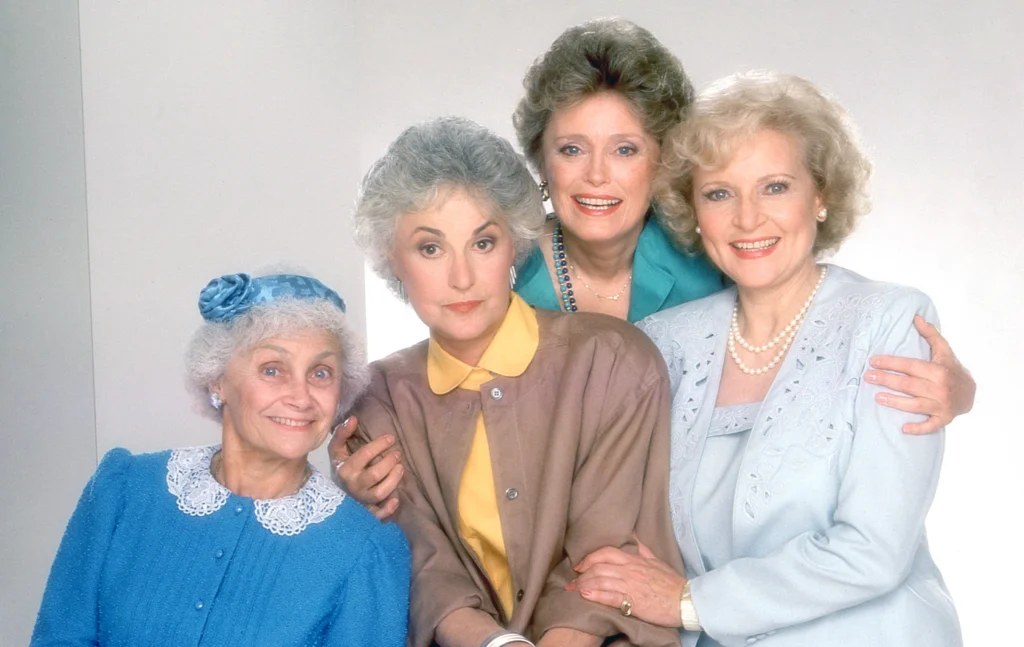
The Golden Girls was a groundbreaking sitcom, unafraid to tackle serious subjects with humor and heart. Centered around four older women living together in Miami, the show combined sharp wit and insightful reflections on aging, friendship, and love. Dorothy, Rose, Blanche, and Sophia each brought their own brand of chaos to the mix, whether it was Blanche’s flirtations or Rose’s naïve optimism. Yet beneath their antics was a bond of loyalty and love that warmed the audience’s hearts.
At its core, The Golden Girls showed the power of friendship and how a group of people can create a chosen family. Episodes like the one where the girls comfort Blanche after a painful breakup or where they rally around Rose in her time of need made the show feel like a hug from your closest friends. The outrageous situations the women found themselves in only heightened the heartwarming lessons they imparted.
3. Growing Pains
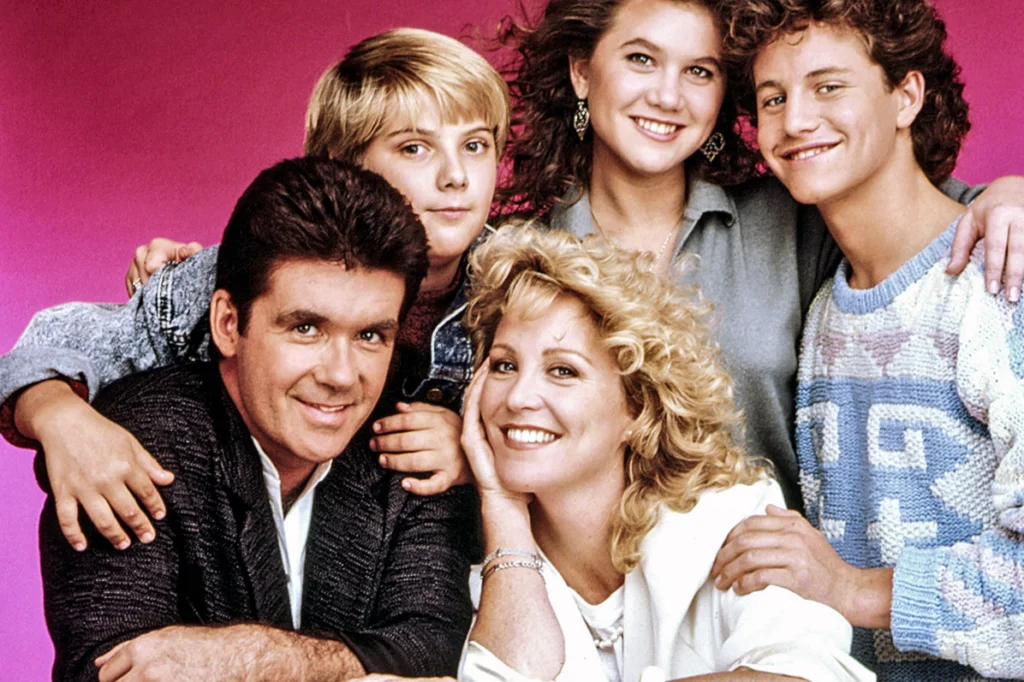
Growing Pains explored the chaos of raising a family with humor and sensitivity. The show revolved around the Seaver family, where dad Jason was a psychiatrist, and his wife Maggie was a successful journalist. With three kids going through their own teenage troubles, the show often dealt with real-life issues like peer pressure, dating, and sibling rivalry. While the wild situations—like Mike’s endless schemes or the Seavers’ misadventures—brought plenty of laughs, the heartfelt family moments kept viewers engaged.
The show was able to balance the comedic antics with sincere, touching moments, especially between father and son. Jason and Mike’s father-son relationship provided emotional depth to the sitcom, turning episodes that could have been just silly into explorations of growing up and understanding one another. The way Growing Pains handled the ups and downs of family life, from first loves to life-changing decisions, made it both hilarious and heartfelt.
4. Perfect Strangers

Perfect Strangers was a comedy about mismatched roommates who couldn’t have been more different, yet somehow made it work. Balki, a naïve immigrant from the fictional island of Mypos, moved in with his uptight cousin Larry, and the culture clash led to plenty of outrageous situations. Balki’s innocent, carefree attitude contrasted sharply with Larry’s more serious demeanor, creating comedic tension. But as the show went on, the two developed a deep bond that was rooted in both humor and warmth.
What made Perfect Strangers special was how it evolved from pure slapstick to touching moments of connection between Larry and Balki. While they often found themselves in hilariously improbable scenarios, their friendship served as the heart of the show. The moments when Larry would support Balki or when Balki would offer sage advice from his unorthodox worldview always brought the show back to its emotional center.
5. Family Ties
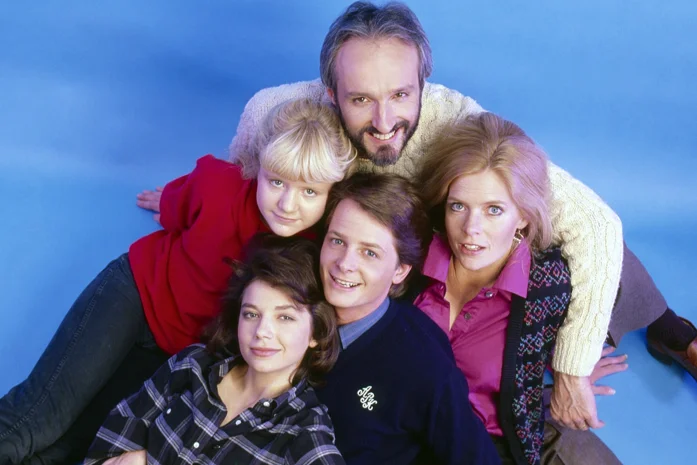
Family Ties was a sitcom that masterfully combined outrageous humor with a deep sense of family values. At the heart of the show was Alex P. Keaton, the conservative, Reagan-loving son of liberal parents. His over-the-top political views led to some of the funniest moments of the show, especially as he butted heads with his parents and siblings. But what made Family Ties truly heartwarming was the way the Keaton family stuck together, no matter how many outrageous moments occurred.
The show’s ability to tackle serious issues—like Alex’s attempts to bond with his estranged father or his sisters dealing with their own struggles—balanced out the lighter, more ridiculous moments. Family Ties was a perfect example of how a sitcom could be both hilariously funny and emotionally resonant. Alex’s antics might have been over-the-top, but they never overshadowed the love that held the Keaton family together.
6. Who’s the Boss?
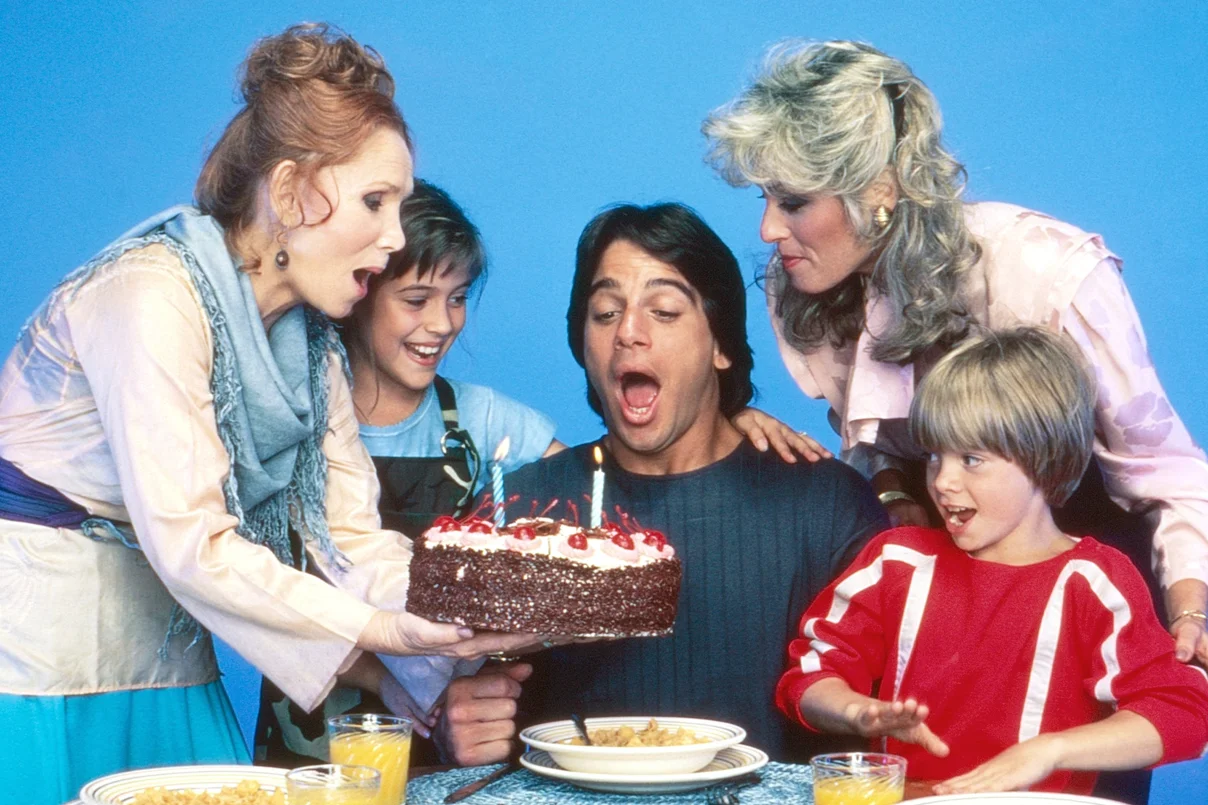
Who’s the Boss? brought together two unlikely characters: Tony, a macho ex-ballplayer turned housekeeper, and Angela, a successful career woman. Their humorous clash in roles was the show’s foundation, but the growing affection between them was the real heart of the series. The sitcom explored themes of gender roles, family dynamics, and finding love in unexpected places, all while keeping viewers laughing.
The outrageous humor of Tony’s antics and the push-pull of his relationship with Angela provided plenty of comedic moments, but the emotional depth came through in their evolving relationship. Episodes that featured Tony’s protective love for Angela or moments where they showed care for each other beyond their professional roles brought a sweetness that balanced the humor. Who’s the Boss? knew how to keep it light while reminding us that real connections are what make a family.


